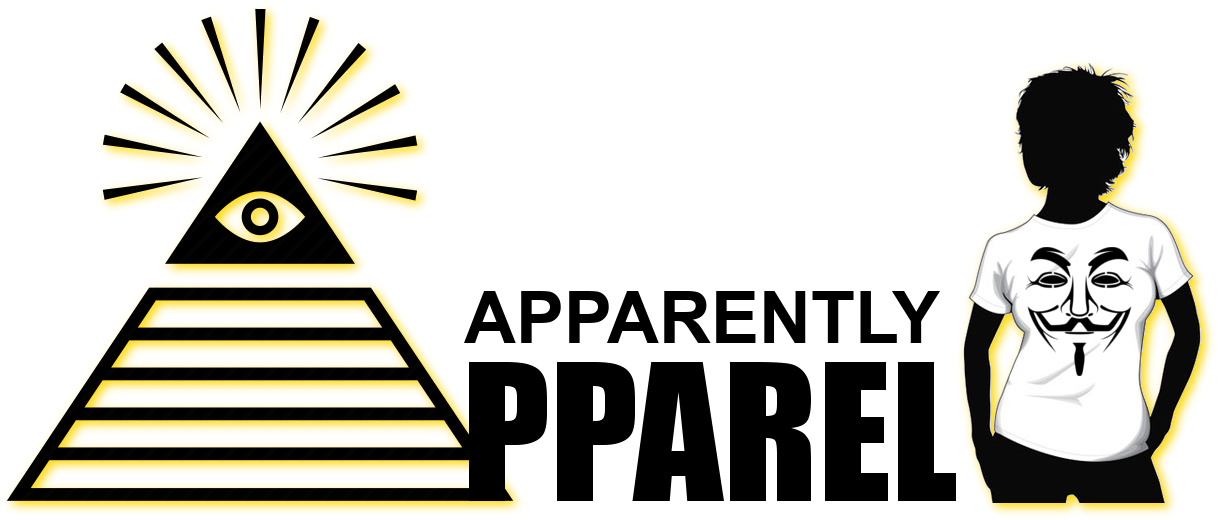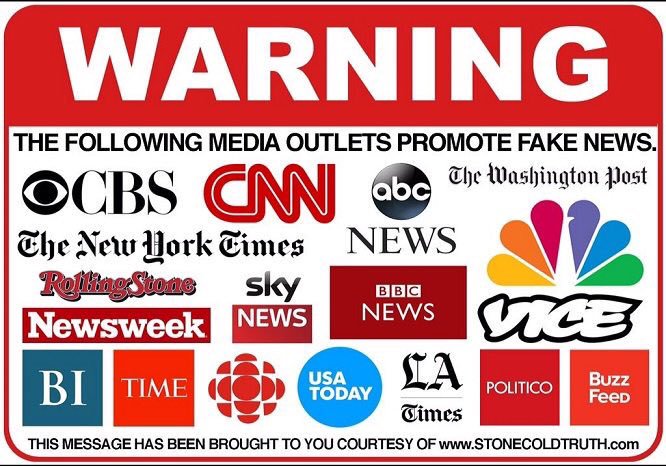 Caption: Denver is now the "Smile High City." Caption: Denver is now the "Smile High City." (AA) January 1 marked a high point for Colorado’s Amendment 64 — the first day recreational marijuana businesses can legally operate in the state. A little more than a year after Colorado passed its ballot initiative to legalize recreational marijuana, individuals can for the first time sell, produce, and purchase marijuana legally, even without a doctor’s prescription. But to both those eager to light up and those fearful of the consequences, it is worth remembering that there remain more restrictions on the marijuana industry than there are allowances, which proponents hope will better control the health and safety of the industry. With Colorado’s law, federal law, and local law all affecting regulation, here are some key facts about Wednesday’s roll-out: In-state residents can only buy an ounce at a time. Out-of-staters are limited to 1/4 ounce. You can’t smoke in public, especially not on federal property.As with alcohol, you must be 21 or older to buy marijuana in Colorado. And if you’re a Coloradan, you can’t buy more than an ounce in a single transaction — the equivalent of about 60 joints. Out-of-state residents, however, can only buy a quarter of an ounce. This is because the state wants to give those individuals only enough to use while they’re visiting, and deter them from taking pot back to their state, where marijuana is almost certainly more restricted. There’snothing explicit in the law, however, preventing consumersfrom making two purchases in a day, aside from the fact that it limits possession to one ounce, and the cost. A full ounce costs from $150 to $300 in the medical marijuana market. Recreational prices could be even higher, particularly once sellers add on the 25 percent tax approved by Colorado voters. You can grow your own pot, but you can’t sell it if you’re not licensed by the state. While marijuana purchase and possession of up to an ounce are legalized, public display and consumption are not. You can’t smoke marijuana in the street, but you also can’t smoke it at any bars, clubs, or even at a marijuana store. While public smoking is prohibited, the state penalty is considered a petty offense carrying a penalty of $100 fine or up to 15 days in jail. Federal prosecution could subject you to a much greater penalty, however, particularly for those smoking on public property. Possession of marijuana on federal land is punishable by up to six months in jail and a $5,000 fine. After the Washington and Colorado ballot initiatives were passed, the U.S. Attorney’s Office in Seattle issued a statement reminding that “it remains against federal law to bring any amount of marijuana onto federal property, including all federal buildings, national parks and forests, military installations, and courthouses.” You can’t take marijuana out of the state. The major component of Colorado’s law that goes into effect January 1 is the licensing and oversight of the marijuana industry. Those wishing to sell or produce marijuana applied to the state for a license. In the first round, only those already operating as medical marijuana dispensaries were considered. And out of more than 500 medical dispensaries, only 136 are now also authorized to sell recreational marijuana without a doctor’s recommendation — so long as they comply with the state’s extensive testing and state oversight rules to ensure the safety of the product. Those wishing to consume pot in the state can either grow their own — up to six plants — or they can buy it at a licensed dispensary. But if they want to share it with their friends, no money should change hands, since nobody without a license is permitted to sell pot, even through hand-to-hand transactions. Recreational marijuana is only legal in Colorado and Washington. So once you leave the Colorado border, you are entering territory with another, more restrictive state marijuana law. Surrounding states including Kansas andWyoming have already seen increasing busts of marijuana near the borders after the passage of the ballot initiative last year legalized possession. And one of the major concerns of the federal government that could change their hands-off approach to marijuana is the interstate transport of pot. So while the feds may steer clear of prosecuting state-compliant Colorado dispensaries for now, they may get more aggressive about prosecuting even small-time marijuana offenses at the state border. You may have to travel a long way to find a legal dispensary. Federal authorities are cracking down hard on the bad actors. Colorado voters overwhelmingly approved the marijuana legalization ballot initiative, but that doesn’t mean the localities want dispensaries in their own jurisdiction. As of September,more than 100 localities had banned dispensaries or imposed a moratorium, including most of the ten largest cities in Colorado. In fact, out of 136 dispensaries that received state licenses to sell recreational marijuana, 102 are in Denver. So while possession remains legal everywhere, finding a legal place for purchase will be a significant burden in some parts of the state, potentially increasing the likelihood that some will violate the state law. Marijuana remains illegal under federal law. And for years, to the dismay of the medical marijuana community, federal authorities continued to go after state dispensaries seemingly in compliance with state laws. But this past November, they conducted a raid that seemed aimed solely at those violating or exploiting the state’s medical marijuana law, and seemingly had the support even of the medical marijuana community. In fact, as Sam Kamin and Joel Westword explained recently in Slate, the state is going to need all the help it can get tracking the plant from seed to sale, and enforcing its own scheme of regulation. So while the feds may look the other way as those complying with Colorado law violate the Controlled Substances Act, those violating the new Colorado law may find themselves even more susceptible to punishment by state and federal authorities. Medical marijuana patients will have increased access. Colorado already has a medical marijuana law that allows those with a doctor’s approval to buy pot from state dispensaries. But the law doesn’t help everybody. Some medical conditions are not covered by the law, meaning a doctor can’t prescribe marijuana for those ailments. And some may not have taken advantage simply because they are embarrassed to ask their doctor for a recommendation. Under the new law, all of these folks have access. In fact, the first official patient scheduled to purchase marijuana Wednesday morning was an Iraq War veteran who suffers from post-traumatic stress disorder, a condition that is not covered by the state’s medical marijuana law.
0 Comments
Your comment will be posted after it is approved.
Leave a Reply. |
News Watch
Mind-opening news articles, editorials, videos & apparel that inspire our readers and help liberate them from the status quo. Stay informed.
Write For UsSpace WatchTop NewsNews Watch Categories
All
|
|
|
HAVE A TIP OR STORY TO TELL? JOIN TODAY & SHARE YOUR STORY!
If you have a breaking news tip or idea, please email: [email protected] Apparently Apparel® is a registered trade name and part of the ZOAT International® brands network. © 2007-2023. All Rights Reserved. Privacy Policy. All art & news content posted on this site is commentary or opinion and is protected under Free Speech. ApparentlyApparel.com is not responsible for content written by contributing artists, authors or news feeds. The information on this site is provided for educational and entertainment purposes only. It is not intended as a substitute for professional advice of any kind. ApparentlyApparel.com assumes no responsibility for the use or misuse of this material.
|
|








